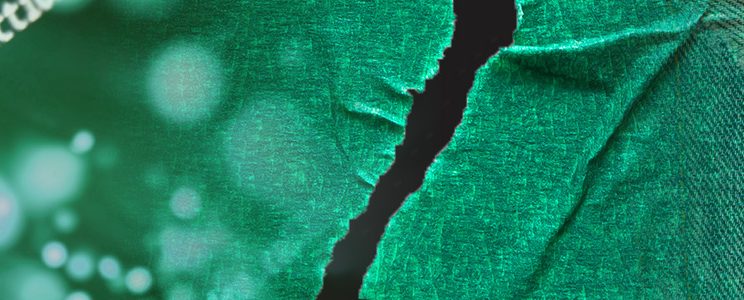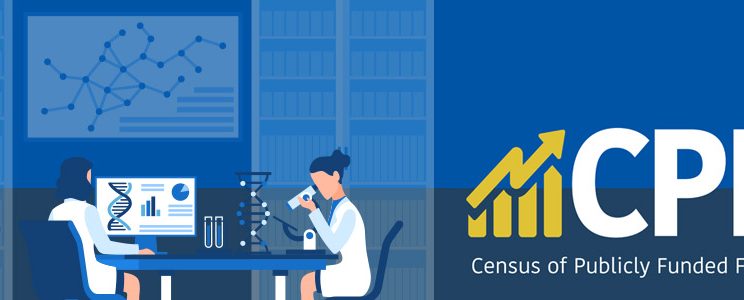← Back to Just Science Podcast
Original Release Date: January 13, 2020
In episode one of our 2020 Improving the System season, Just Science interviews Dr. Jonathan McGrath, Senior Policy Analyst in the Office of Investigative and Forensic Sciences at the National Institute of Justice, about the recently published NIJ Needs Assessment of Forensic Laboratories and Medical Examiner, Coroner Offices Report to Congress. Listen along as he discusses the findings of the report and the challenges faced by both forensic laboratories and medical examiner/coroner offices.
Read the Needs Assessment of Forensic Laboratories and Medical Examiner/Coroner Offices Report
This episode of Just Science is funded by the National Institute of Justice’s Forensic Technology Center of Excellence [Award 2016-MU-BX-K110].
Guest Biography
Dr. Jonathan McGrath serves as a senior policy analyst with the U.S. Department of Justice (DOJ) National Institute of Justice (NIJ) in the Office of Investigative and Forensic Sciences located in Washington, D.C. He supports the NIJ Forensic Technology Center of Excellence program, the DOJ Needs Assessment of Forensic Laboratories and Medical Examiner and Coroner Offices, the NIJ Forensic Laboratory Needs Technology Working Group, and the NIJ Drug and Crime Program; he also serves as a vice co-chair for the Federal Medicolegal Death Investigation Working Group. Prior to joining NIJ in 2015, he served as a forensic scientist with the U.S. Customs and Border Protection’s Laboratories and Scientific Services Directorate (CBP LSSD) in Houston, Texas, from 2007 to 2011. He worked at the CBP LSSD headquarters office in Washington, D.C., where he supported CBP’s trade, forensic, and weapons of mass destruction operations programs during 2011–2015. Dr. McGrath holds a doctoral degree in analytical chemistry from Georgia Tech, a master of science in forensic science from the University of Illinois at Chicago, and bachelor of science in chemistry from the University of Dallas.
The opinions, findings, and conclusions or recommendations expressed in this podcast episode are those of the presenter(s) and do not necessarily reflect those of the U.S. Department of Justice.
Contact us at ForensicCOE@rti.org with any questions and subscribe to our newsletter for notifications.




